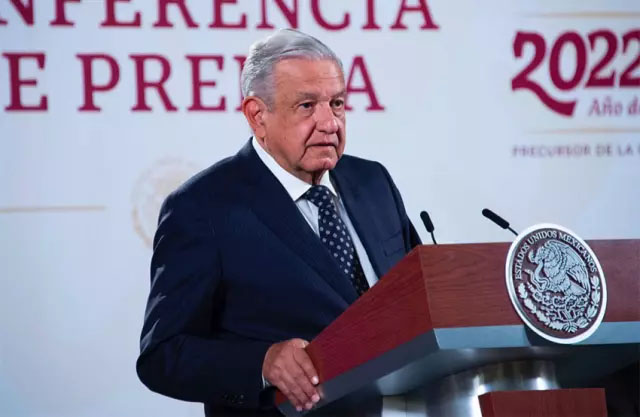by El Reportero’s wire services
Managua, March 23-The Secretary General of the Organization for Educational Cooperation (OCE), Manssour Bin Mussallam, today continues his official visit to Nicaragua, after an intense day of exchanges with representatives of various institutions.
The visitor’s journey through the Central American nation aims to acquire knowledge about the experiences of this country in terms of inclusive and participatory education.
The day before, the secretary general of the OCE spoke with the executive director of the National Technological Institute (Inatec) of Nicaragua, Loyda Barreda.
During the meeting, the parties exchanged visions about transformative education and in particular from technical training.
The Inatec official made a balance of the institute’s work in recent years, and she highlighted the role played house by house for the selection of students according to the needs of each territory.
In this sense, Bin Mussallan referred to the need to promote actions with Inatec in order to expand the development of technological careers in the country of lakes and volcanoes.
“His ideas and his experiences have been very valuable to us and we hope to have the opportunity to eventually deepen technical knowledge to learn from Inatec,” Mussallan said.
Another of the meetings of the secretary general of the OCE was with the National Council of Universities, where its president, Ramona Rodríguez, emphasized the quality of higher education based on research.
The also rector of the National Autonomous University of Nicaragua (UNAN-Managua), explained about the university program in the countryside, an initiative that has more than 30 careers in different locations in the country.
Similarly, Rodríguez reported on the links with higher education centers in the region, with which they have articulated actions that improve the university education system.
According to Mussallan’s agenda, a visit to the Republic of Cuba educational center and a tour of the National Autonomous University of Nicaragua, among other activities, are planned for today.
The Organization of Ibero-American States for Education, Science and Culture (OEI) is a government organization for cooperation in the field of education, science, technology and culture, which works to strengthen public policies, the development of participatory citizenship, a fairer and more supportive society and promote the consolidation of democracy and a culture of peace in the region.
Biden: “There is going to be a new world order and we have to lead it”
Although the president did not specify what that order will consist of, he mentioned NATO and the US allies in the Pacific during his speech, affirming that they present “a united front.”
The president of the United States, Joe Biden, predicted this Monday that the world will experience a change in the international order and affirmed that Washington must lead the new system.
“60 million people died between 1900 and 1946. And since then, we have established a liberal world order, and that has not happened in a long time. A lot of people died, but there was nowhere near chaos,” the president said during a meeting with businessmen in Washington.
“And now is a time when things are changing. There is going to be a new world order and we have to lead it. And we have to unite the rest of the free world to do it,” Biden continued.
Although the president did not explicitly set out the problems facing the current world order, he devoted much of his speech to the conflict between Russia and Ukraine, stating that Washington has to “do whatever it takes to support Ukraine.” In that context, he stressed that “NATO has never been stronger or more united in its entire history than it is today, largely due to Vladimir Putin.”
In addition, the US president mentioned the Quadrilateral Security Dialogue (Quad) group, made up of the US, Japan, India and Australia and repeatedly criticized by Beijing as an anti-China tool in the Pacific.
“Japan has been extremely strong, as has Australia, in terms of dealing with Putin’s aggression. We present a united front across NATO and the Pacific,” Biden said.







